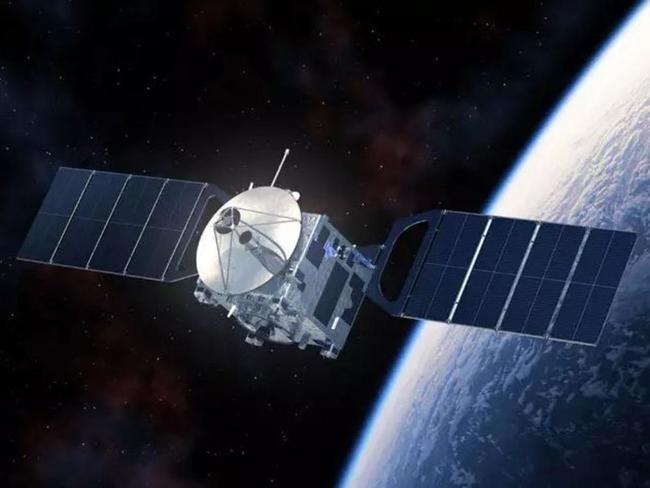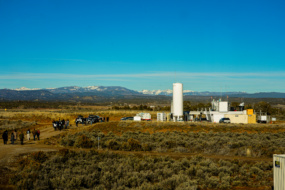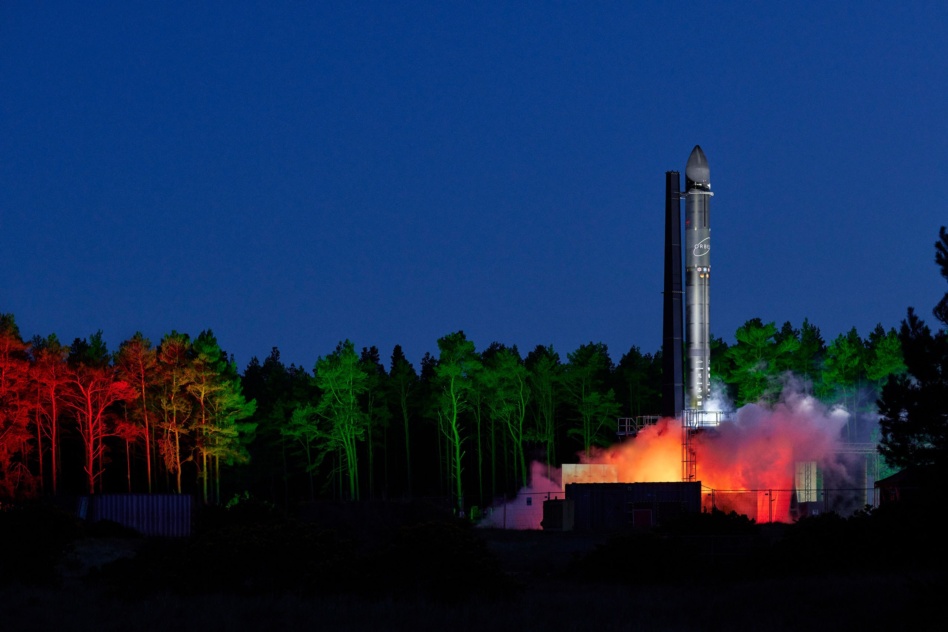Skyroot Aerospace has raised $51M in a Series B round led by GIC, a global investment firm based in Singapore. This is the largest funding round in the Indian private space sector to date. The company raised an $11M Series A in 2021.
The launch startup is developing India’s first private launch vehicle and was the first to sign an MoU with the Indian space agency ISRO. The Vikram Series—a nod to Dr. Vikram Sarabhai, India’s space program founder—will be able to launch up to 800kg to LEO. A demonstration is planned for later this year.
So far, Skyroot has tested and validated its engine and propulsion tech. The funds will go towards expanding its space engineering team, as well as funding infrastructure and developmental launches. The startup has already begun booking payload slots.
“Our objective is to establish ourselves as a provider of best-in-class rocket launch services and the go-to destination for affordable and reliable small satellite launches.” said Pawan Kumar Chandana, co-founder and CEO of Skyroot, in a press release.





